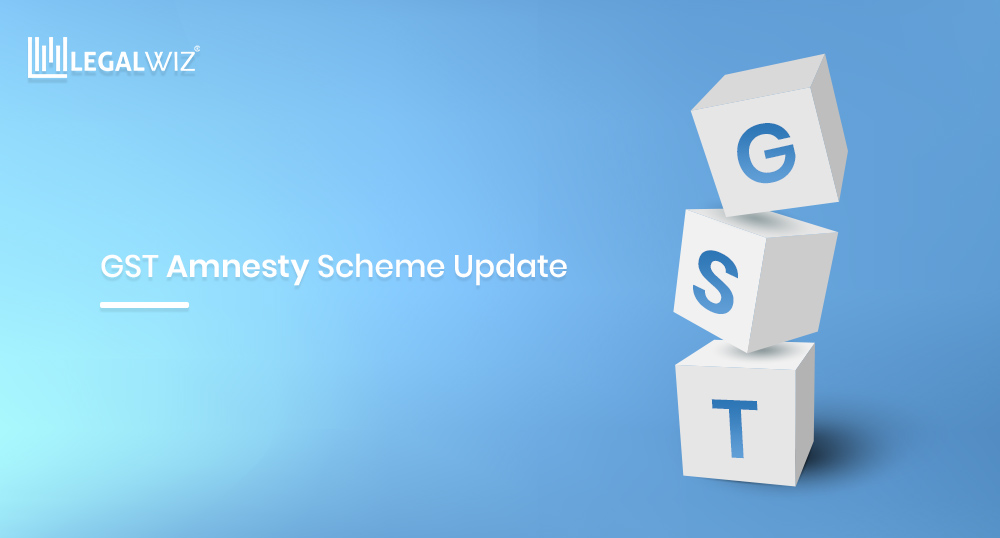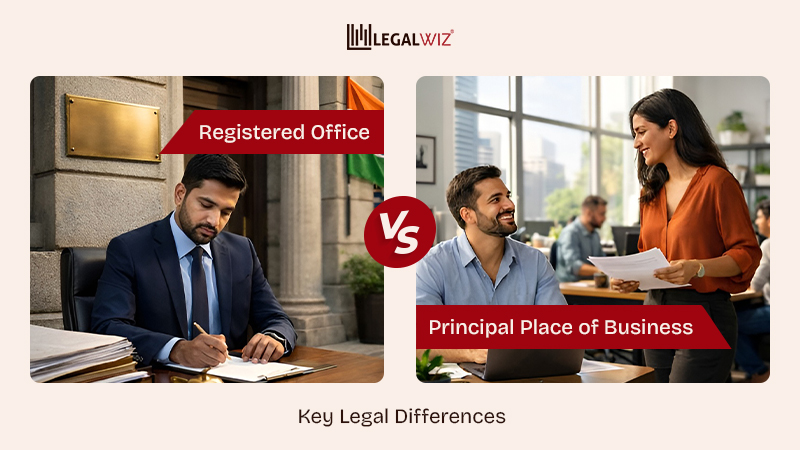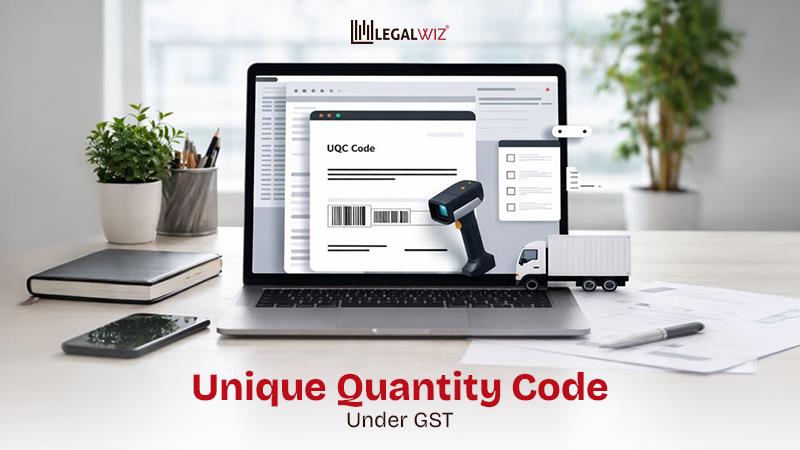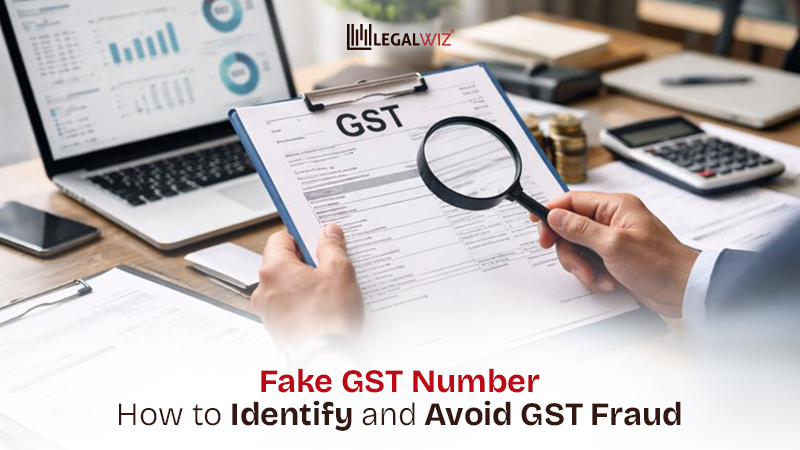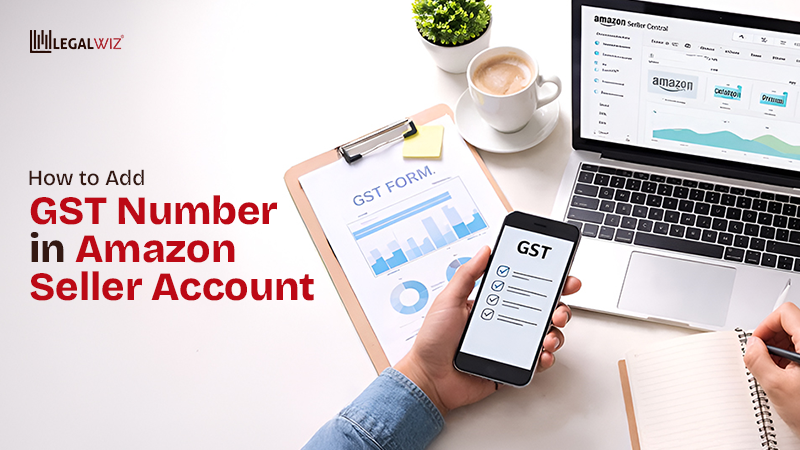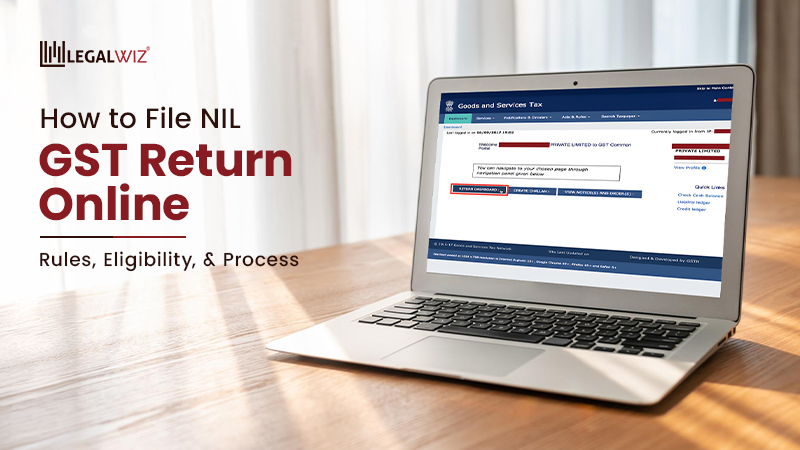Key information about the GST amnesty scheme update
A trader from Bilaspur named Satyakam Arya had filed a plea to the SC (supreme court) to extend the Amnesty scheme to provide more time for the MSMEs and small businesses to submit their returns. The SC (supreme court) declined the plea, stating that the Amnesty government scheme was a policy decision and that SC (supreme court) does not have power and jurisdiction to direct the government or GST (goods and services tax) council in that matter. It becomes crucial to file GST returns online without any delay and in a stipulated time to avoid any penalties and late fees.
What is the Amnesty scheme all about?
The GST (goods and services tax) system brought into place in 2017, and the FM (financial minister) noted that, even by 2020, many businesses have ignored it and remained non-compliant with it. The government wanted these businesses to register under the GST (goods and services tax) regime, and to make that happen; they introduced the Amnesty scheme.
Also Read: All about QRMP Scheme applicable under GST
The late fee is piled up for the individuals who are liable but have not submitted returns on time. With the help of the Amnesty scheme, these late fees were waived to a large extent. Hence, the individuals who were reluctant to submit GST (goods and services tax) earlier could now register and submit returns without hesitating about the pile-up of late fees and penalties.
Here are the specifics of the Amnesty scheme given below
- From 25th of July to 30th of September 2020, individuals were offered a one-time waiver on the late fees for registered individuals but have not filed returns betwixt July 2017 to July 2020.
- For the taxpayers who have submitted NIL returns, for instance, no tax liability, the late fees were entirely waived.
- For others, the late fees were capped off at the Rs. 250y per act, for instance; Rs. 250 for CGST and Rs. 250 for SGST. Any late fees above that were waived.
- This waiver package applied to those people who have submitted their returns before the 30th of September, 2020. Anybody who submits after that would be liable to pay the normal amount of late fees.
The Plea
The pandemic struck the country, last year and the economy plunged as well. All the trade-associated activities except for essentials were halted, forcing many businesses to shut down. MSMEs found it hard mainly. They generally rely on day-to-day transactions for survival.
Many owners of the MSMEs found it difficult even to pay their actual liabilities, let alone the late fees. When the government unveiled the Amnesty scheme, it was a chance for people to repay their pending liabilities without paying any late fees. But the scheme was unveiled at a time where the businesses were grappling to make ends meet.
There were plenty of requests from the people to stretch the Amnesty scheme so that they can get benefits from it. Nonetheless, the government did not do so. A trader from Bilaspur named Satyakam Arya filed a plea into the SC (supreme court) to seek an extension of the said scheme.
Also Read: GST Refund and Standardization of Procedure with eligibility and time limit
He said that as the livelihood of many traders has been at stake in the issue, the supreme court should intervene and direct the government and the GST (goods and services tax) council to stretch the scheme. He also pointed out that there was shut down of the businesses during the pandemic as well, which is making the matter worse. And that the late fees of Rs. 50 per day for MSMEs was a bit high.
Supreme Court ruling
The SC (supreme court) listened to the plea and declined it. It rules that the Amnesty scheme was a matter of policy decision that comes under the executive and has nothing to do with fundamental rights. The scheme itself was unveiled as an intervention to help mitigate the burden of the people. This for those who have already submitted GST (goods and services tax) returns. The government has complete jurisdiction over the realm of policymaking. The court has no power to intervene until it affects the fundamental rights of the people as given in the constitution. Hence, there will be no relief under Article 32 of the constitution for the said plea.
GST (goods and services tax) can be really perplexing like this. To circumvent such confusion, you should submit a GST (goods and services tax) return in a timely manner.

Shreeda Shah
Shreeda Shah is a Chartered Accountant associated with Legalwiz.in as a Business Advisor. She has a good expertise over Direct Taxation and Indirect Taxation compliances.
